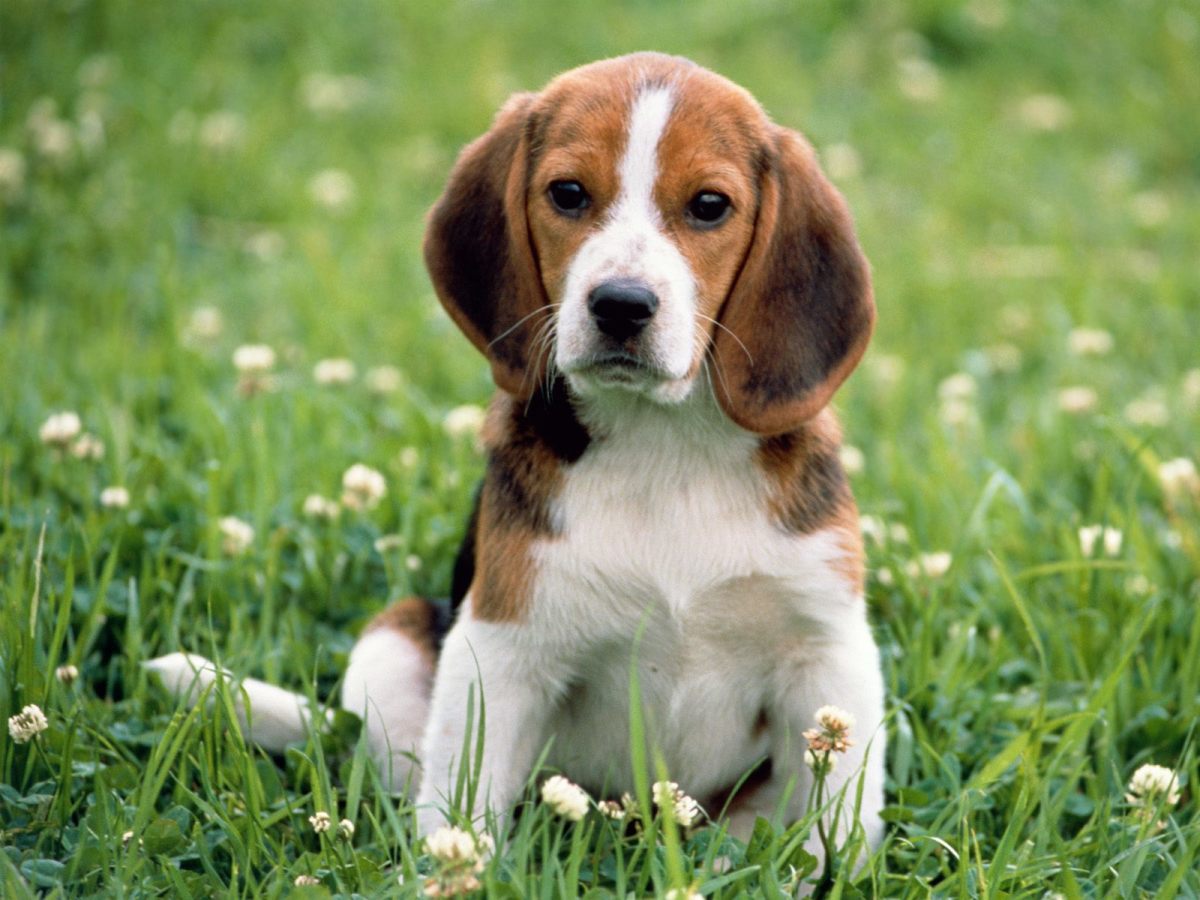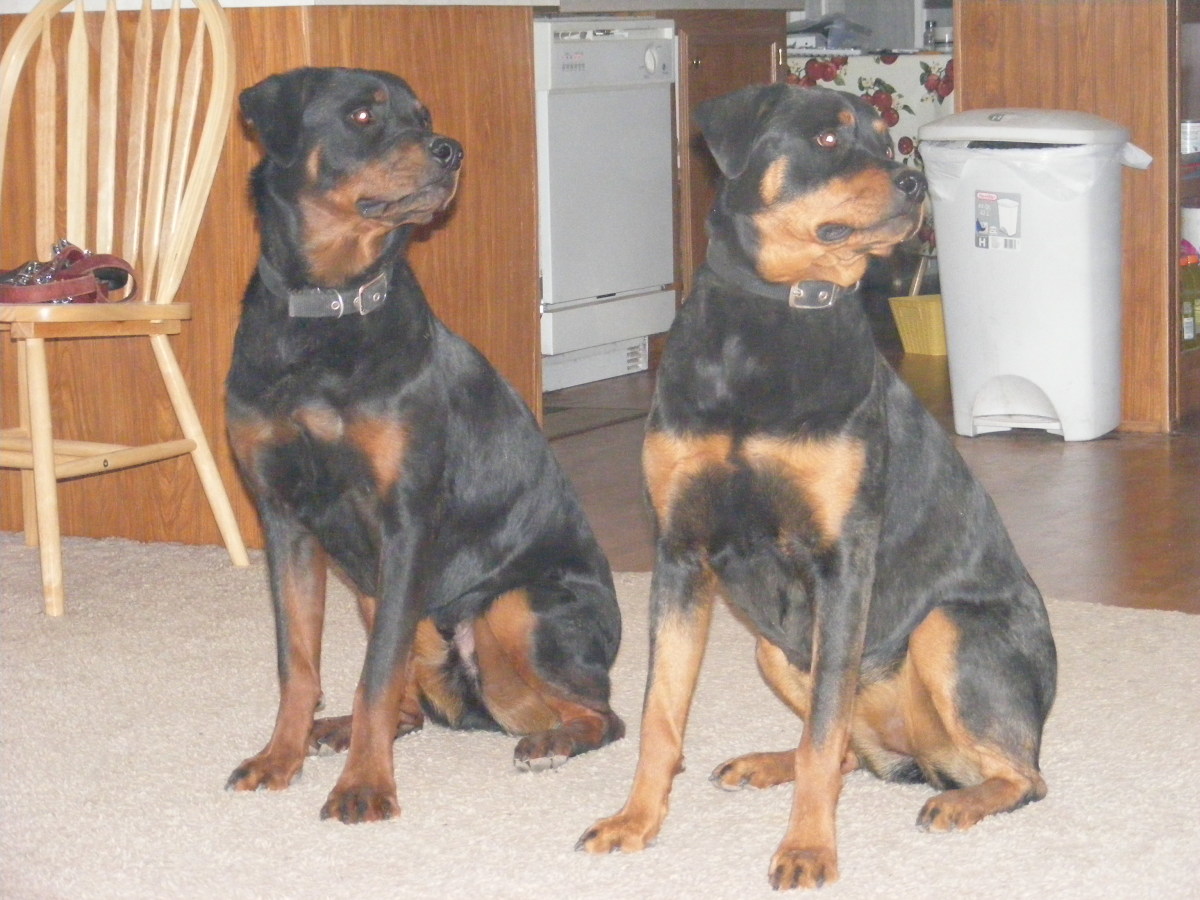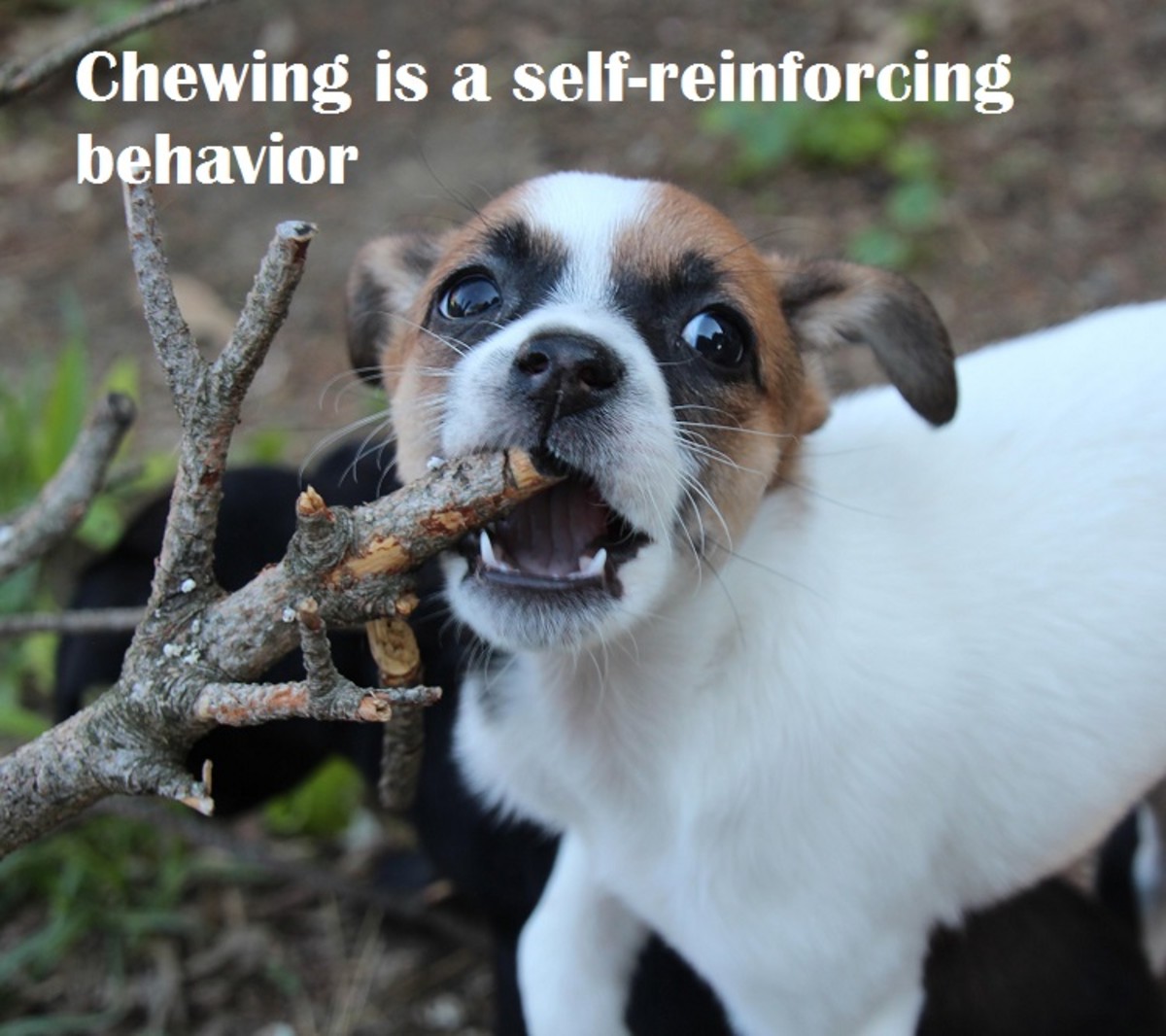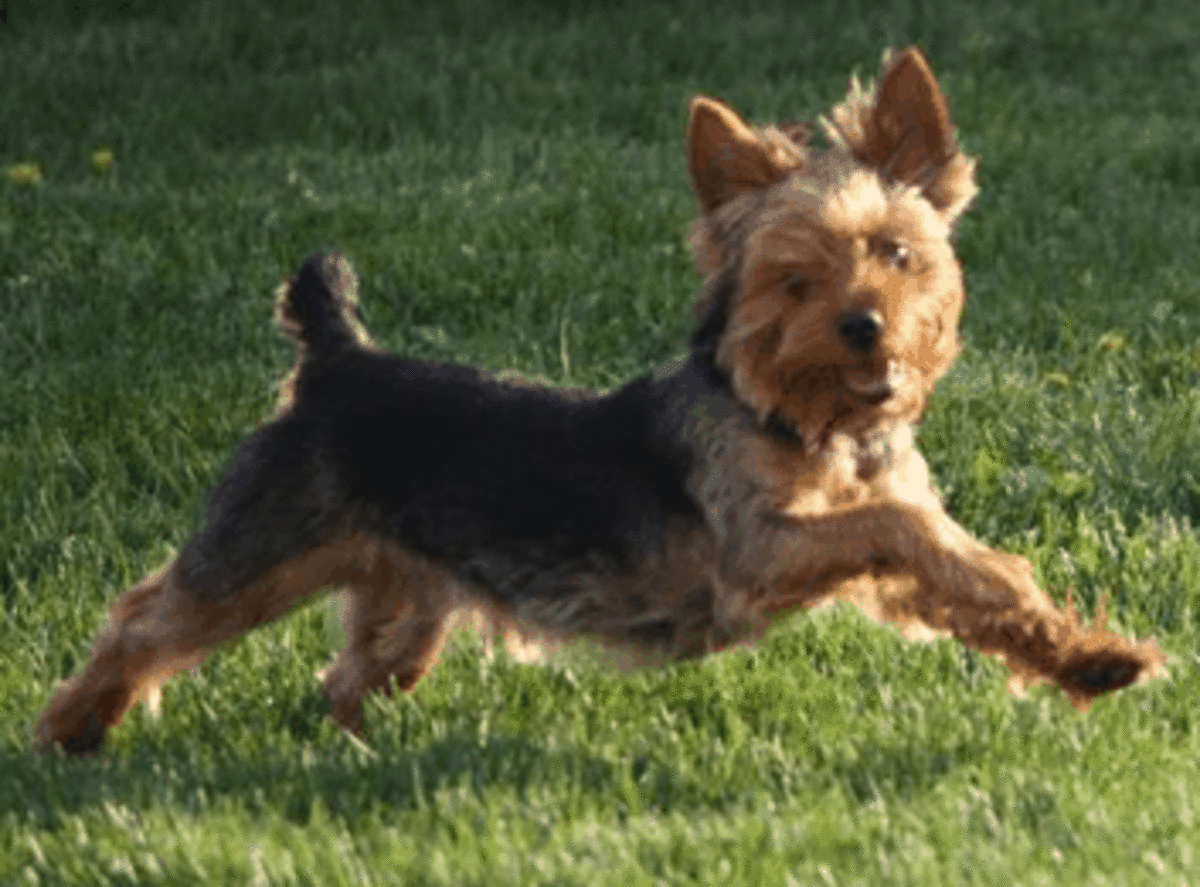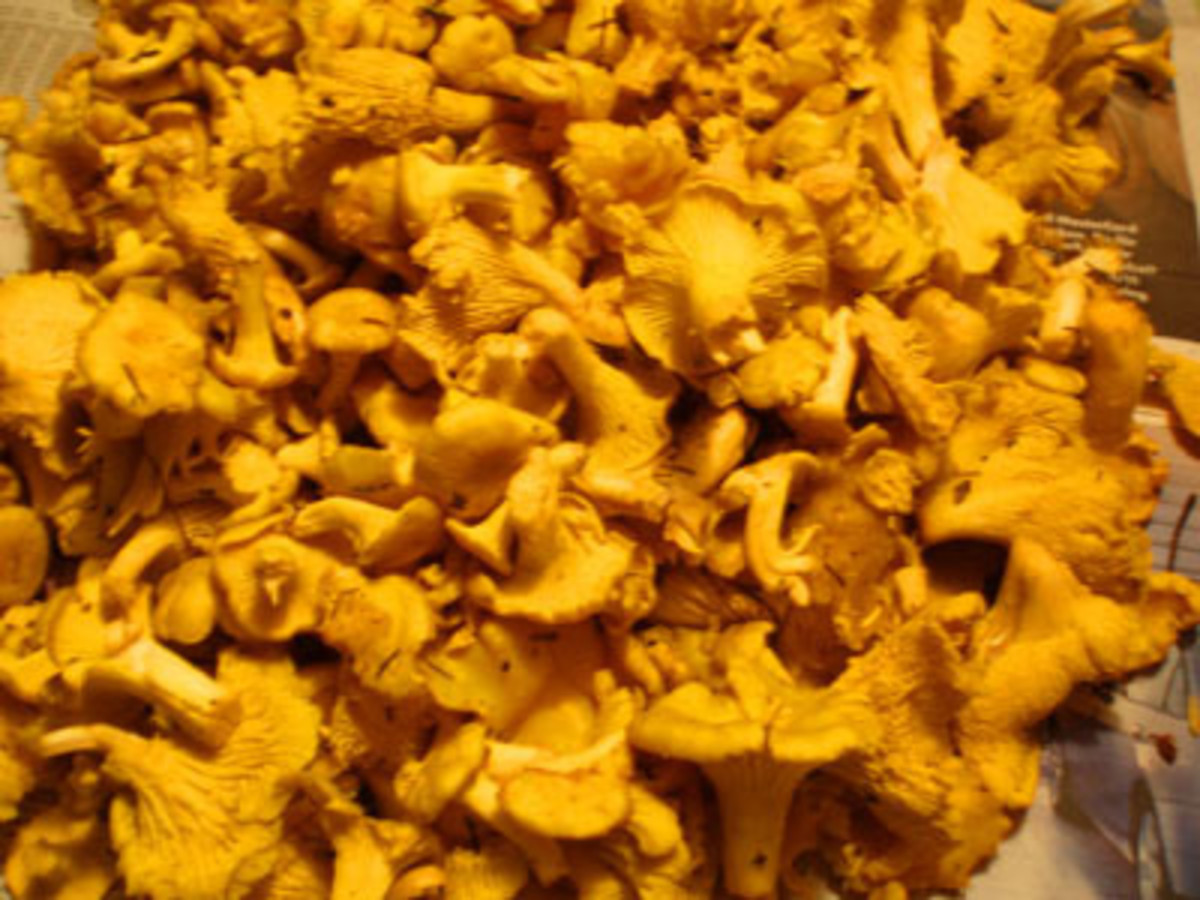How to Learn to be a Good Dog Owner
Pampered Bulldog
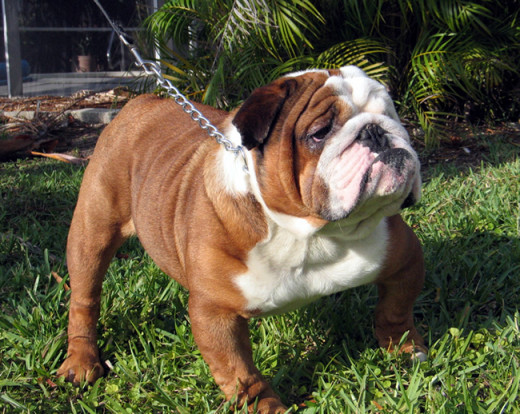
Dogs are chums
Achieving a good relationship between yourself and your dog is one of the most important aspects of owning a dog. A bond of friendship and trust between owner and dog leads to good behavior and happiness in the household. This can only be achieved if you, as the owner, take the lead and act in a way that enhances a successful alliance with the dog.
You may expect your dog to please you in certain ways. For example, you may want to make your dog do what you say, but he/she will do it unwillingly because the dog is compelled to. Having a dog that does things for you willingly is always much more pleasant and rewarding. This action is only possible if you have a relationship with your dog where he/she genuinely wants to please and impress you because you are known to be the dog's good friend.
Such a relationship makes life so much easier and more satisfying for both you and the dog. The secret to making your dog want to please you lies in making good behavior advantages to it. Owners who are able to empathize with their dogs and imagine what it is like to be in their shoes are far more likely to be triumphant in achieving good behavior from the dog. Owners who are selfish, and expect what they want from a dog, are far less likely to be successful.
A Happy Golden Retriever
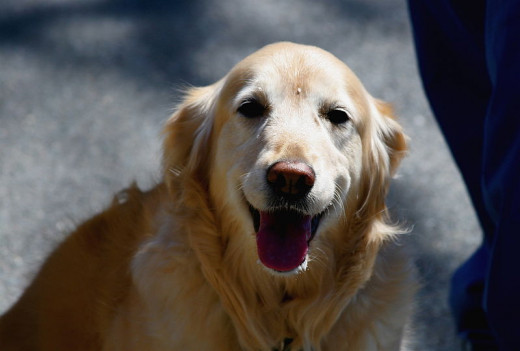
Rewarding Your Dog
Whenever your dog does something good and you approve of it, it is vital to let the dog know about it. If you are truly the dog's chum, your praise and attention will mean very much to the dog. Give the dog positive feedback whenever it does something right. This will make the dog feel proud and happy about doing it and is more likely to do it again next time. Using this method, good behaviour is bound to be promoted and is more likely to happen in the future.
A Happy Female Golden Retriever
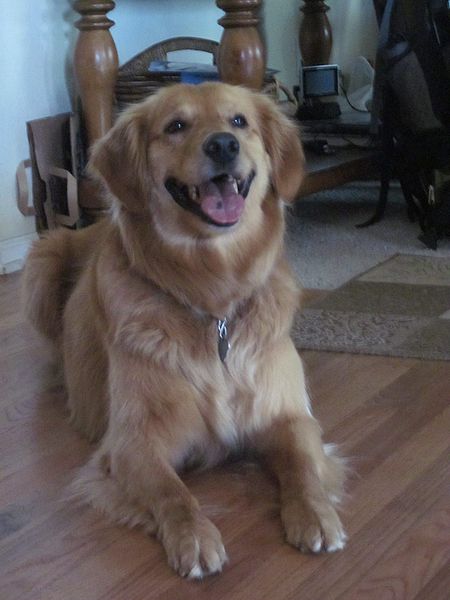
Continued from above....
This may sound too easy and too obvious, but it is astounding how many pet owners are very quick to criticize their dog for misconduct and bad behaviour but ignore the dog when they are behaving good. Some dogs become so in need for attention that they prefer being scolded by their owners to being ignored and their behaviour thus begins to get worse. Remembering to reward good behaviour can be more harder than it seems since the dog will not be drawing attention to itself at this time. But, it is crucial that the owner makes a special effort to do so. Approaching the dog when he/she is lying down peacefully and gently praising it will make it more likely that he does this more often. Waiting until the dog has become bored and has begun to chew or whine for attention before responding will make the unwanted behaviour more frequent.
Being affectionate to the dog in this manner and providing a surrounding where you live in happiness most of the time provides a big contrast with times when you may need to reprimand your dog. If a dog has an adversarial relationship with his/her owner, being told off will not be a surprise or anything new. However, for a dog whose relationship is based on friendship, being told off is a very big deal indeed, and it may make the dog sad.
Learn To Avoid Errors
Try to manage situations and engineer events so that your dog does the right thing. This will allow you to be generally positive and rewarding. For example, instead of leaving a young dog alone and idle in the house, provide suitable toys and chews and make sure that your dog has had a long brisk walk beforehand to tire him/her out. This will make it less likely that he/she will get into trouble by chewing things which is not allowed by the dog. Providing situations where your dog learns to do the right thing from the outset will be a whole lot easier than letting him/her to get into bad habits which you will then need to break, which can be difficult.
Prevention of Unwanted Behaviour
It is best to think ahead so that you can prevent or avoid potential trouble. In other words for example, if you know that your dog has a tendency to jump up on visitors as they arrive in your home, put the dog on a lead or hold onto the collar before opening the front door so that you can stop the dog from jumping on them. This happens to me many times when I'm visiting friends and relatives. So after that, you can praise your dog for the good behaviour (even though the dog had no choice and really wanted to pounce on the strangers) rather than being forced into the position where you have to blame or punish the bad behaviour of your dog.
Physically preventing undesired behaviour using gentle restraint using a collar and lead will allow good behaviour to happen which can then be tremendously rewarded afterwards. Giving and allowing too much freedom before you have achieved mental control will mean that your dog will be able to find his/her own reward in bad behaviour. If this starts happening, then bad habits begin to form which may be difficult to correct, so keep the dog's freedom to a limit.
To Shout Or Not To Shout
Using forms of punishment, scoldings and shouting in anger as way of stopping bad behaviour is not effective, and does not work or solve the problem. Such harsh actions usually only serve to cause your dog to become more worried and agitated. Or once the dog is anxious and afraid, he/she will not be in a good frame of mind to learn the correct way to behave. Rather than learning how to do the right thing next time, your dog learns how nasty and unpleasant its owner can sometimes become instead, so try to avoid such things. When taken to extremes, threats or punishments can intimidate a dog to the point where they become too frightened to do anything in case it is wrong.
A dog that is regularly punished may live in great fear of being attacked by their owners and may begin to bark and bite to defend itself. Since the precise reason for punishment is not always clear, especially if the punishment takes place long after the event that provoked it, owners may often appear, from the dog's point of view, to be aggressive unpredictably.
If a dog cannot trust their owners, then it is unlikely for the dog to trust other people and, therefore, punishing a dog will make it more likely to bite other people in the future. Male dogs are more likely to bite than female dogs, but the psychology and behaviour still applies to both sexes.
Scoldings and shouting constantly can also be highly unpleasant and stressful for a dog, even the owner as well. Not only are they unlikely to produce the desired response from the dog but they also, and eventually, ruin a good relationship and can cause resentment. Shouting is a particular sign that the owner is out of control and needs to be controlled before the dog gets out of control. Only weak and ineffective masters shout loud at dogs.
Strong, efficient masters only have to make their requirements known to get compliance and, in extreme cases where the dog's desires are very much at odds with those of their owners, they only need to raise their voice a little bit to enforce their will. If you often feel the urge to yell at your dog, it is probably time to re-evaluate your relationship and build a new one that is based on respect, kindness, love and friendship.
A Sad Foster Dog - Neapolitan Mastiff

Pet owners will often punish a dog that has done something wrong while the dog was left alone in the house or elsewhere. Punishment after the event only serves to increase the dog's view of its owners as unpredictable. Dogs cannot learn from this since they cannot relate the punishment to the unwanted behaviour, even if they are taken to the scene of the incident where it took place. They can remember what they have done, just as humans can, but they cannot associate the punishment with their earlier behaviour.
Humans or some dog owners are fooled into thinking that they can because their dog will look guilty when they return home. However, this is natural submissive reaction in response to the anger of a pack member of higher status. They may even learn to associate chewed items or mess on the floor with this response and begin to show submission, or look guilty, before the owner has noticed something is amiss. This, sadly, provides further evidence of their supposed guilt. Punishing a dog after the event will have no advantageous effect on preventing the behaviour when you are out in the future. Once again, all it serves to do is to weaken the relationship between you and your dog.
Requirement Of Leadership
Dogs are often much happier and better behaved if they have a strong, supportive leader of leaders to protect and guide them. This frees them from the responsibility or burden of leadership, and they are able to be relaxed and playful while being safe in the knowledge that someone else is looking after them. Just like children for example, and the dogs prefer to be given direction and guidance, provided that it is not overbearing.
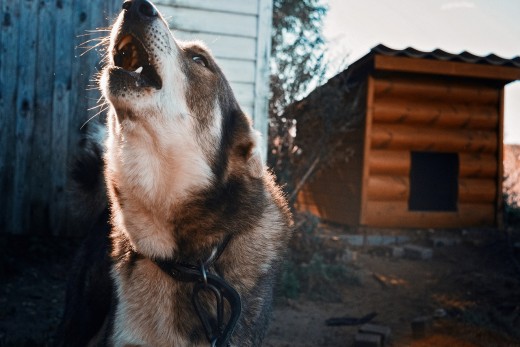
Providing them with a framework of guidelines and making the boundaries clear allows them to be sure of their role while maintaining the flexibility to be themselves. Being a good pack leader is not just about having the right to make the decisions. It is also about taking on the responsibility to protect the pack members and to make sure that their needs are provided for. Your job will be to keep your dog safe and deal with anything he/she may find threatening, and to provide exercise, games, food and social contact.
If you meet all of these requirements, your dog will find it very easy to want you as his/her pack leader and will be loyal and faithful in a way that makes dog ownership a great worth. As pack leaders, the way we are feeling will rub off on our dogs. If they are closely bonded to us, they will reflect our moods and be influenced by them. If we are anxious, happy, sad, miserable or lively, our dogs probably will be too, and this is something to keep in mind during times when you are anxious or stressed.
Dogs are likely to sense and pick up on this and become anxious or stressed too. Keep an eye out for subtle signs and be aware that behaviour changes in your dog may be a direct result of a behaviour change in you. Keep yourself happy if it's possible, and then again, good luck in being a good dog owner.
My Related Hub -
- The Psychology and Understanding of Dogs
Dogs are a joy to keep as a pet. The most important part of breeding a dog, is the psychology and understanding. This will prevent the owner from abandoning a dog.

